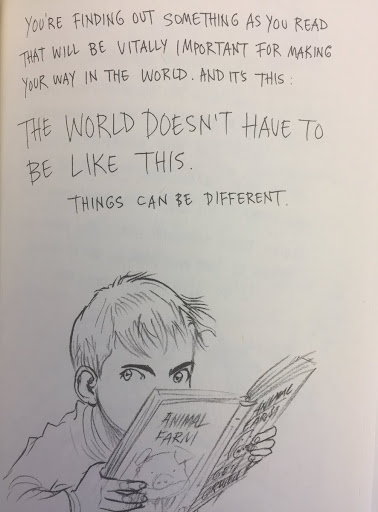Do you remember the first time a partner broke up with you? Or that moment when you weren’t picked for the basketball squad, passed over for a promotion, etc?
Rejection sucks. There’s no way around that truism. As a freelance writer, I’ve faced that terrible feeling many times when my pitches were turned down by editors. I used to get that choking knot of discomfort in my chest when I read those emails, as politely worded as they were.
And I stress the words “used to” because today, I don’t get down on myself when an editor rejects my pitch. Thanks to 15-plus years in the freelance business, I’ve picked up a few realizations along the way that has helped me rebound quickly from a stiff-arming “no.”
This is not a rejection of you as a journalist
When an editor decides to pass on your pitch, you shouldn’t take it personally. I know, easier said than done. But just repeat these words over and over when you finish reading that email: This idea is being rejected. Not me.
You have to remind yourself that an editor isn’t hating on you as a writer. The pitch just didn’t work with their editorial schedule or focus. You can try again. That’s one of the lovely things about freelance journalism: Just because an editor declined to take one query doesn’t mean she won’t take another down the road.
I pitched to BBC News four times before my first idea was accepted, and now I’ve written around 25 articles for the Beebs. If I gave up after that first (or third) pitch, I would have never won over my editor, who is now sending me stories to cover.
Send the idea somewhere else
That pang of rejection is going to sting, but the best way to recover is earning a win. You can only do that by being determined to see the pitch land somewhere else. Just because Editor A wasn’t feeling your article proposal doesn’t mean Editor B will pass on it as well.
Look for another news outlet that fits with the idea’s theme and narrative, and try to find another home for the article. If you’re truly passionate about getting this idea off the ground, you won’t let one rejection slow you down. You’ll find a competitor to the disinterested editor, and see how another publication regards your well-oiled idea. Heck, it might even appeal to another editor within the same publication, if the idea can be tweaked to fit with another vertical.
‘Fail. Fail again. Fail better.’
That Samuel Beckett quote has given me hope when the storm clouds were encroaching. After getting rejected a few times in a row, you might just want to move on to the next idea. And that’s fine. BUT did you glean any insight into why the pitch was rejected?
Sometimes, editors will let you know why they rejected the article idea. More than once I’ve been told my timing wasn’t right, that they run something similar a month or a year ago. That should tell me to pitch earlier to publications, or at least to find ideas that are on the cusp of trending. Especially for magazines, you want to ensure your pitch isn’t covering a topic that has been exhaustively reported on by other pubs.
Learn from your rejections. Take a deep dive into your pitch and ask yourself: Am I explicitly stating the main theme and narrative? Do I reveal the main characters of the story? Do I have enough stats and research and context to back up my argument? Is the copy clean and typo-free? Did I include my best work in the final section where I share samples of my published articles?
The more you can fine-tune your pitch, the easier it will be for that article to win over an editor. At the very least, you’ll get that warm cozy feeling of delivering a strong well-written pitch you can be proud of, regardless of the yay or nay you’ll get in the end.
Pitching like a pro can be difficult, and some writers need guidance to help them write successful pitches. If you want details on my writing courses that offer actionable advice on perfecting your pitches, contact me anytime.





